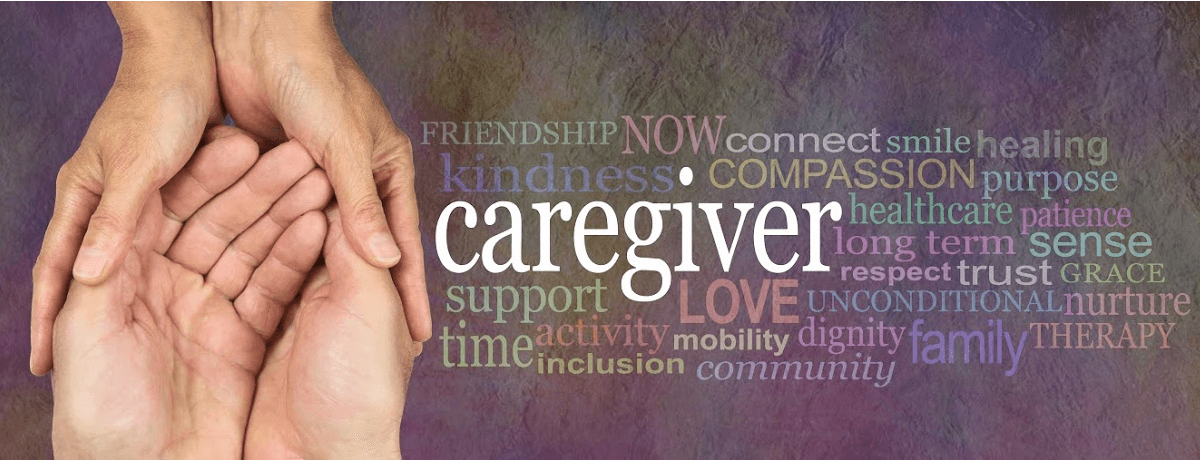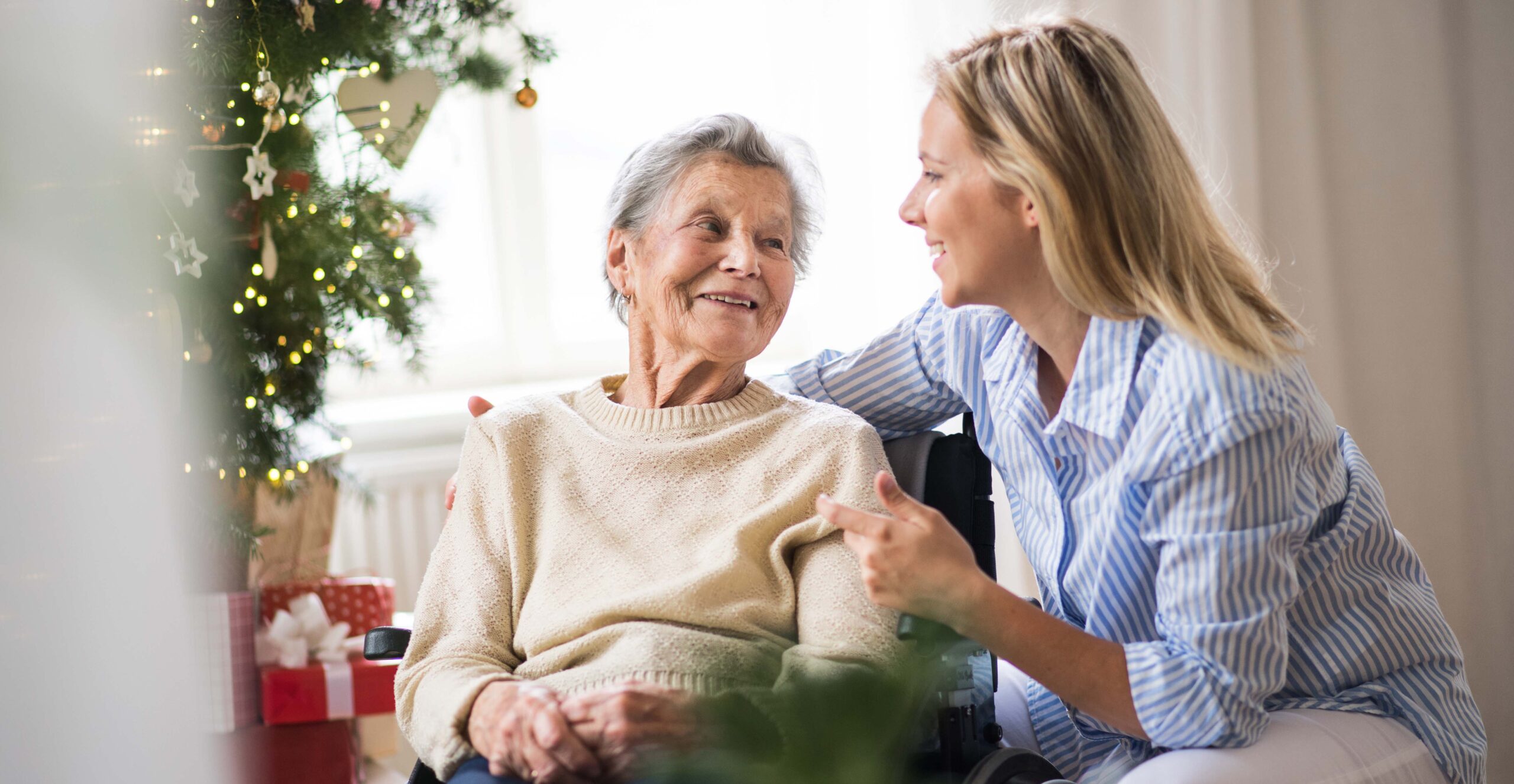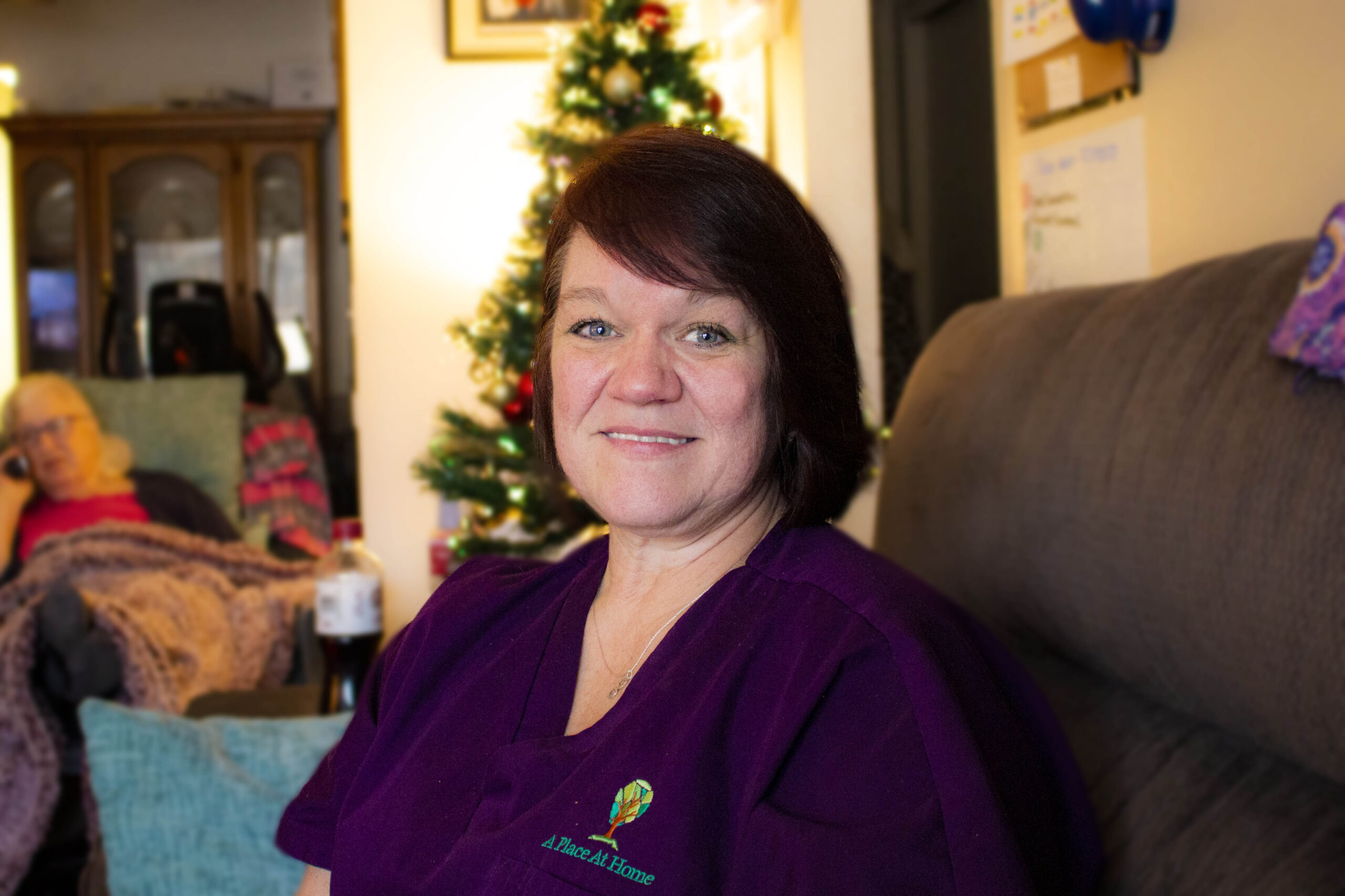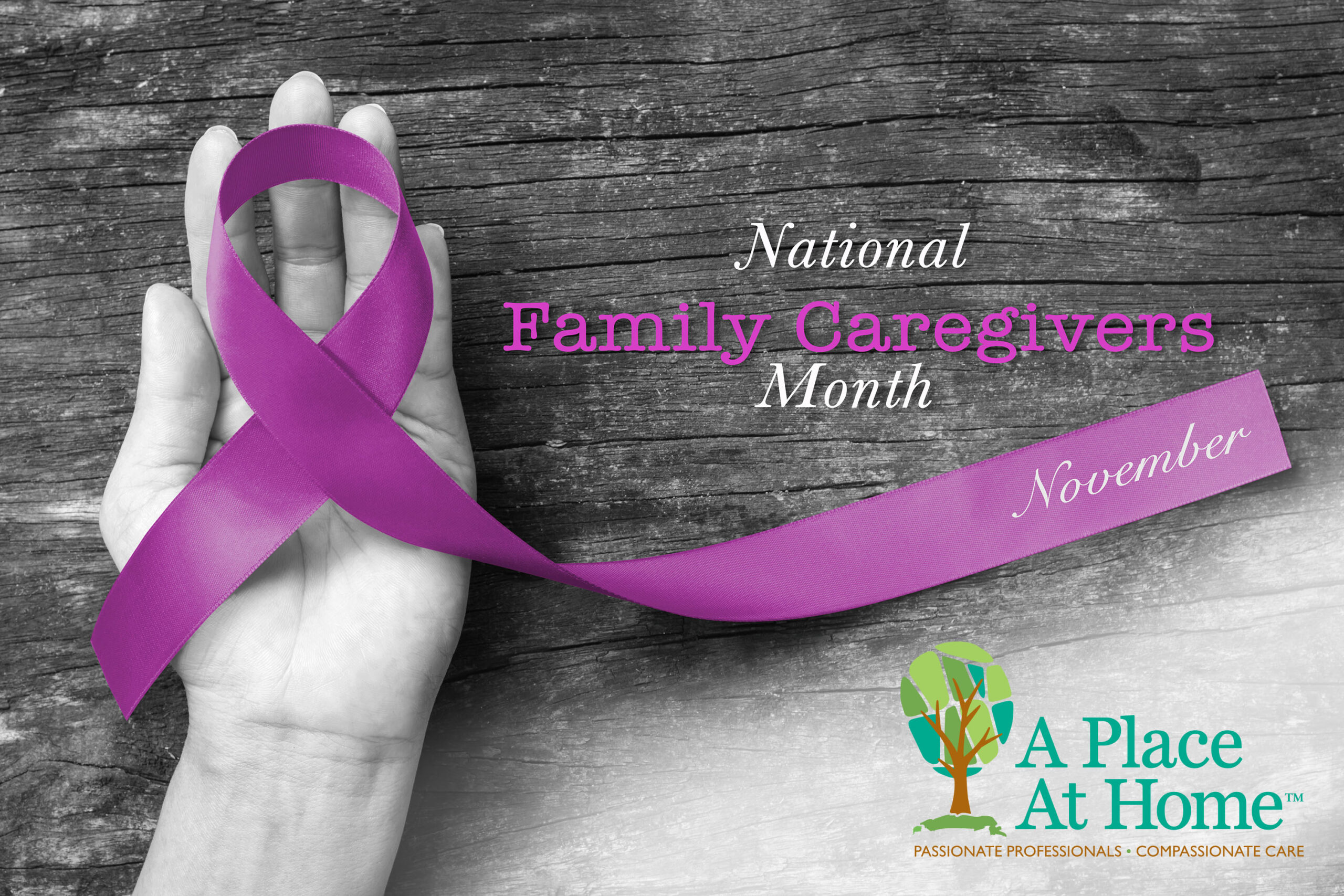November is National Family Caregiver Month. This month, we recognize the importance of those that serve as caregivers for their loved ones.
In 1994, the Caregiver Action Network dubbed November as the month to recognize and honor those Americans that give their time and energy to care for the ones they love. This year’s theme is “Caregiving Around the Clock,” and for a good reason.
Of the 53 million adults who identify as a family caregiver, 40% of them live with the person they care for full-time.
Being a family caregiver is no small feat. Caring for another person can be a full-time job. Given that most Americans require two incomes to support their households, most family caregivers juggle careers, children, and life in general. Whether you’re an adult child caring for a parent, or a spouse caring for your other half, caregiver burnout is a real thing. The pandemic doesn’t make things any easier. The CDC is now recommending that family caregivers be assessed regular mental health assessments in the future.
Currently, almost 40% of those caring for a loved one are experiencing anxiety and depression directly related to COVID-19.
Some of that anxiety is from the everyday stress of juggling life and caring full-time for another adult. But some of this stress comes from situations we’ve never seen before in our lifetimes. For example, the decision to keep a parent home versus moving them into a senior living community. While the idea of being around one’s peers and having the socialization that communities can offer, the pandemic has many people choosing to keep their loved-ones home, where it’s safer from the risk of infection. For some, their loved ones were living away from home when Covid hit the US. Now, the concern is the isolation that their loved-ones are facing while visitors are no longer allowed into facilities.
Whatever the situation, family caregivers are facing unparalleled levels of anxiety and stress.
National Family Caregiver Month is an excellent time to remember that you can’t pour from an empty cup. If you’re a family caregiver, you must take care of yourself first, no matter how counterintuitive it may feel in the moments of everyday life. Taking care of yourself looks like getting enough sleep, exercise, and yes, even time away from the person you’re caring for.
It can be challenging to decide what you can remove from your plate when caring for someone you love. Start with small doses. For example, managing your loved one’s medications can be a daunting task. Have an agency come in and take over this task for you. It takes an hour or less a week, but the weight off of your shoulders is invaluable. You can also hire an agency to provide respite care. Respite can give you the much-needed opportunity to step away and take time for yourself. Having someone you trust to take care of your loved one while you take care of yourself is also invaluable.
You may feel guilty about taking time for yourself, but having the time to fill your cup will make huge strides in your quality of life. And that will positively impact the quality of time and care that you’re able to provide your parent, spouse, or other family members. If you’re a family caregiver and struggling with caregiver burnout, reach out to us. A Place At Home offers both respite care and medication management, among other services. Our priority is caring for your loved one so that you can care for yourself.





